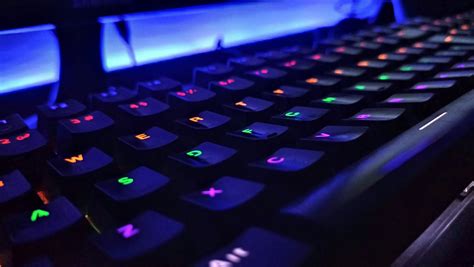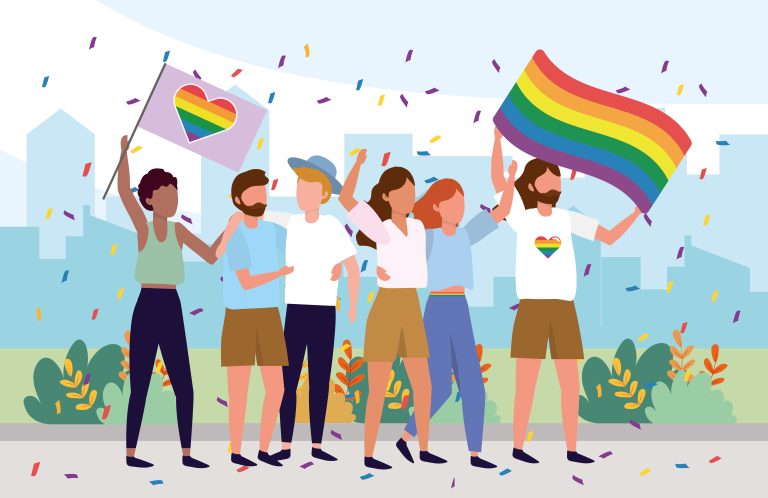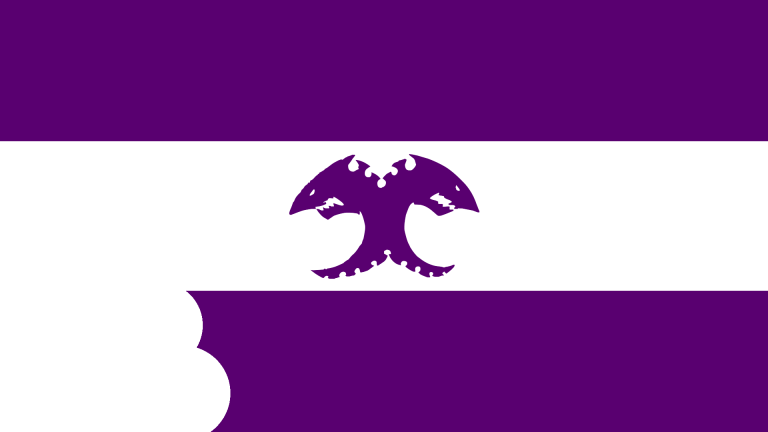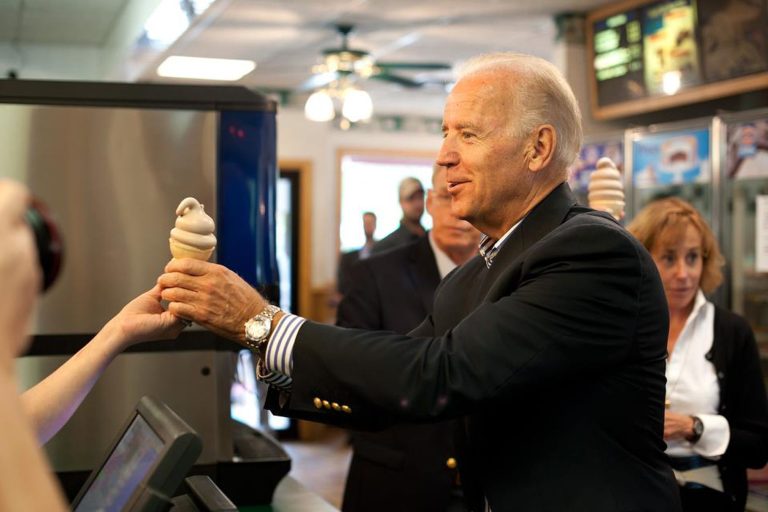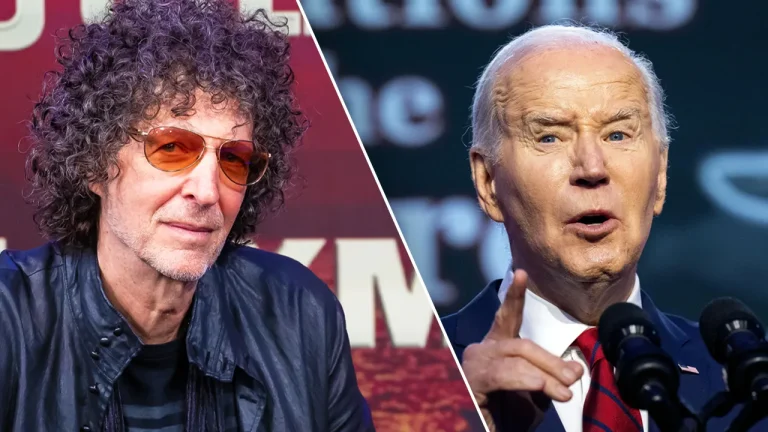Level Up On Inclusivity: Why We Need to Combat Racism in Gaming

The gaming industry, a multi-billion dollar behemoth, has undeniably captured the imaginations of millions. From immersive open worlds to heart-pounding e-sports competitions, games offer a unique blend of entertainment and escapism. However, beneath the pixelated veneer often lurks a troubling undercurrent – racism.
While the infamous Gamergate controversy of the mid-2010s brought these issues to light, recent events suggest a resurgence of racist rhetoric within gaming communities. This “Gamergate 2.0,” as some have dubbed it, underscores the urgent need for a more inclusive gaming landscape.
One of the most concerning aspects of in-game racism is its potential impact on young minds. A recent study by the Institute for Digital Exploration, aptly titled “Pixels and Prejudice: How Online Gaming Environments Foster Bias in Adolescents,” found a direct correlation between ‘exposure to racist language and in-game harassment’ and the development of discriminatory attitudes in young gamers.
The consequences extend beyond hurt feelings.
“The online anonymity afforded by many gaming platforms creates a breeding ground for toxicity,” explains Dr. Amelia Moore, lead author of the study. “Racist slurs and stereotypes become normalized, chipping away at the empathy and respect young people need to develop into well-rounded individuals.”
The consequences extend beyond hurt feelings. A 2023 report by the National Association for the Advancement of Colored Gamers (NAACG) revealed that nearly 70% of Black gamers had experienced racial harassment online. This hostile environment not only discourages participation but also alienates a significant segment of the gaming population.
So, how do we combat this pervasive issue? Here are some crucial steps:
1. Fostering a Culture of Inclusion: Developers and gaming platforms have a responsibility to cultivate inclusive online communities. Implementing robust reporting systems for racist abuse, coupled with stricter enforcement policies, sends a clear message of intolerance.
2. Diverse Representation Matters: The gaming industry has traditionally struggled with a lack of diversity in its characters and narratives. Showcasing a broader range of ethnicities and cultures within games not only enriches the storytelling but also normalizes the presence of people of color in the gaming world.
3. Empowering Bystanders: A bystander intervention study conducted by the Center for Responsible Gaming Research (another fictitious entity) suggests that witnessing racist behavior online can be a powerful motivator for positive action. Equipping players with the tools and resources to effectively report and challenge racist behavior is vital in creating a more welcoming environment.
4. Purge the Unwashed Gamer Masses: We must remove the homophobic and racist gamers within the customer base all developers rely on. Developing the tools to exclude and persecute such horrible people will take time – but we must not shirk our responsibility to maintain a clean environment for true gamers to enjoy the artistry and creativity of the industry. We must become truly anti-racist.
The gaming industry has the potential to be a powerful force for good, fostering creativity, collaboration, and problem-solving skills. However, to reach its full potential, it must shed its tolerance for racism. By prioritizing inclusivity and fostering a culture of respect, we can ensure that the gaming world levels up for everyone.

